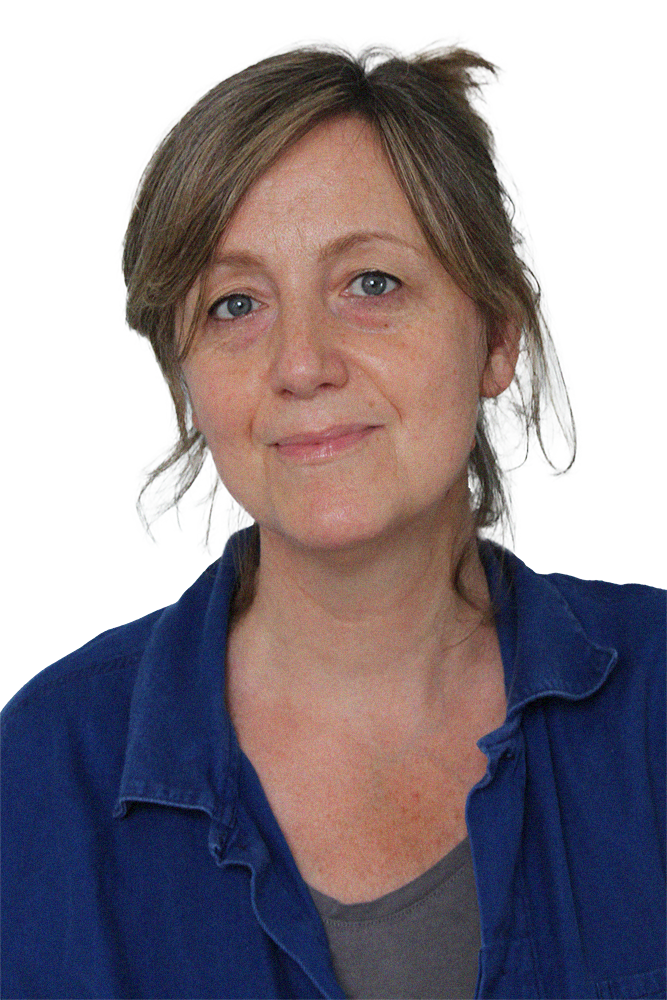Host Patrick Campbell is joined by Sam Simpson and Dr. Maria Stuart to discuss Maria’s work on the Stammering Collective and her readings of dysfluency in poetry.
Maria talks about her experiences in university as a person who stutters – both as a student and an educator, her work on dysfluency in Emily Dickinson’s poetic voice, (dys)fluency in popular culture, and building a stuttering heritage.
Speakers

Maria Stuart is Assistant Professor in American Literature at University College Dublin where she teaches nineteenth- and twentieth-century American literature and Crime Fiction. As a person who stammers, her recent research is in the emerging field of Dysfluency Studies (which has learnt much from the work of scholars and activists within Disability Studies). Her own work focuses on literary/cultural representations of stammering, the poetics of dysfluency, and rewriting cultural narratives of dysfluency. She was PI for Wellcome project: ‘Metaphoric Stammers and Embodied Speakers: connecting clinical, cultural and creative practice in the area of dysfluent speech’ (2019-2022), and is collaborator/co-director of Stuttering Commons (funded by Social Sciences and Humanities Research Council of Canada).

Sam Simpson is a speech and language therapist, person-centred counsellor, supervisor and trainer living outside London, England. Sam has a particular interest in critical disability studies, stammering activism and what stammering can teach us about ourselves and the world. Sam actively promotes stammering-affirming therapy practices and culture. Together with Patrick Campbell and Chris Constantino, Sam co-edited Stammering Pride and Prejudice: Difference not Defect in 2019.

Patrick Campbell is a stammerer, doctor and academic living in London, England. Patrick is an advocate for stammering and the rights of people who stammer. He co-edited the critically acclaimed book Stammering Pride and Prejudice and has contributed numerous blogs and articles on stammering. He has an interest in how public and self-stigma intertwine to produce disability for people who stammer and how this debilitating process can be altered through seeing positive value in stammering.